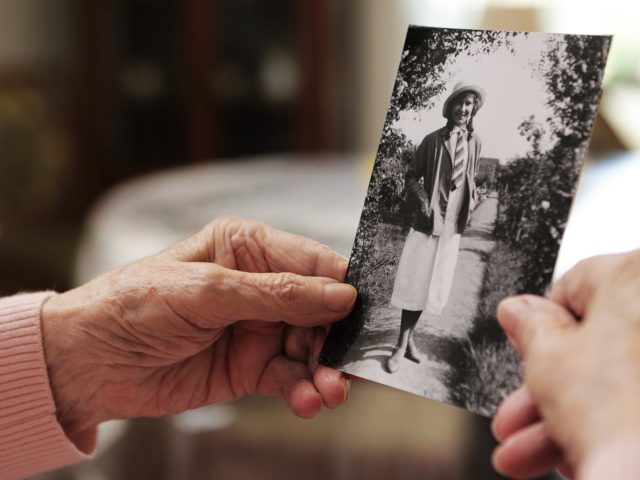Categories
Is It Possible To Prevent Alzheimer’s Disease?
Currently, there is no way to immunize yourself against, nor any cure for, Alzheimer’s disease. However, according to the Alzheimer’s Association, there are many things that a person can do to limit their chances of being diagnosed.
If a person can keep his or her body and brain healthy – by eating healthy, exercising, being social, and participating in cognitive activities – the chances of being diagnosed with Alzheimer’s can be reduced.
Diet & Exercise
What you eat affects your body, so it makes sense that what you eat might also affect your brain. Also, staying physically healthy and engaging in cardiovascular exercise is great because it elevates your heart rate and causes your blood to flow, which, in turn, means that nutrients and antioxidants circulate throughout your body. Inevitably, a good diet combined with exercise means that you are less at risk for diseases that cause Alzheimer’s and dementia such as high cholesterol, diabetes, high blood pressure and heart disease.
As you age, it is important to stay social and take on new activities or hobbies.
If you consistently challenge yourself by taking on new hobbies, learning new skills, and maintaining relationships with loved ones or friends, you keep your mind active. In fact, “exercising” your brain this way keeps it healthy, which can also mean that you are less likely to develop dementia or Alzheimer’s.
Unfortunately, what we listed above has not been 100% proven to prevent Alzheimer’s. But, there is no denying that living a healthy and active lifestyle reduces your chances of contracting diseases that can lead to dementia or Alzheimer’s.
As a company that provides dementia care in York, PA, and Lancaster, PA, we know how important it is for our caregivers to ensure that our clients remain social and active. They have no problem helping them tackle new hobbies or taking them to important family social events, etc. In all, our caregivers can help your loved one do everything that we mentioned above to help reduce their chances of having Alzheimer’s, or another form of dementia.



